Am I Too Old To Start Dancing Ballet?
Interview with Ren Yi | 21 April 2020
Ballet is such a big dance genre in the whole world, everyone talks so much about it, but what is it really about Ballet that people love so much? A lot of people associate Ballet with pointe shoes, or going on pointe, and looking very soft, floaty and beautiful. But behind all of that, many have their insecurities about starting to learn Ballet. Thoughts like body image imperfections, "I’m not good enough", “I have 2 left feet”, or even “I cannot do turns for the life of me”, happen ever so often for those considering to start Ballet.
Ren Yi | NAFA Alumni, Dance Instructor, Dance Educator
So the question is, can anyone start Ballet?
In my own experience, yes, of course everyone can dance Ballet!
Where do you start? How do we start choosing where to take Ballet or what kind of ballet to take, because nowadays there are so many different types of Ballet classes, even in Singapore. Is there a difference in choosing amongst the many different Ballet classes that are being offered?
Here is the background. It is so popular in Singapore to have external (overseas) examinations adopted here. We use other syllabuses to teach and to educate. Some parents and adults want the certificates to see the results, and that idea is very good; every year you get a certificate to know that you or your child has achieved a certain level.
The hardest things for most parents is, the question of what their child has learnt in class. Parents would ask the child to show Mummy and Daddy what they have done in class, but they simply cannot. So actually the most important thing is a safe environment. As a child or adult, you will feel the environment wearing the leotard, the tutu, dancing in the dance studio with the music, with all of these in place suddenly it is much easier to remember everything! But when at home, many things things can be forgotten.
Most of the time many people think that Ballet is very repetitive, as if you are just doing the same thing, like floor work; tendu, tendu, tendu, pirouette, pirouette, pirouette, and then essentially what do you learn at the end of it? There are many other muscle groups to engage, as well as different forms we go into and try to think about while doing Ballet, and sometimes people don’t really understand. That being said, if adults want to learn Ballet, what should they look out for?
In my opinion, from teaching many years, Ballet is a physical art form compared with others. The others are what I call performance art forms, because they are more fancy and they look good on stage. For Ballet, you have to be at a certain level or be of an ideal image before looking good on stage. But how can we look at Ballet in a way that is more approachable, and learn that it is something that we can try ourselves? It really is about challenging your body. You just need to go on a journey with your own body. If you improve your own muscles and/or body, you then have changed, you would know that. Don’t think, “I compared with someone in my class, she can do a very beautiful pointe, but I cannot, so I cannot do Ballet.” Instead, think of it this way, “Today my pointe is this way, after 10 days of working out what would happen?” You should focus on that.
So it’s more like not going for that “perfect” turn out, because once you immediately try to go for that “perfect” turn out, most of the time you’re over compensating from another part of your body and that’s where it throws your weight off. We do want to take things slow and go one at a time especially for adults, because we need to understand our bodies a little bit more before going fully into it and just throwing ourselves off; most of the time that results in injuries. What do you say to people who want to come for your Ballet classes, and what do you usually focus on? Is it the basic techniques, do you focus on travelling across the floor, doing turns, jumps, footwork… what do you start with for your adult classes?
First, understand your own body. This is the most important aspect because most of us do not understand. Many times you don’t know your limit; actually you can do it, it's just that you don’t know it at that point of time.
Second, choose an instructor you like. It’s very important. She or he should share, care about your safety, understands and explains things clearly, and knows how to push you to understand you, as well as give you time to learn at your own pace. This is very important for adults because everyone is different. We need to learn things at our pace so there is no need to rush. For example, if you see someone go on pointe but you cannot, don't feel discouraged. I must emphasize, if your teacher says you are not ready, please don’t try to go on pointe. Because there’s a huge amount of knowledge needed about pointe work.
It’s really good advice first and foremost to find the right teacher. If it’s not here at Free Movement Studio, sure, do your own research. Try and look for great teachers that really have the heart to teach you, as well as to find someone who will correct you individually and say, “Hey you can do this, can you try to work on that a little bit more?” This is very important, so that’s a very good point.
Dance studios are important, because especially as adults we do need to make sure that the dance studios really help us in terms of the dance flooring. The height of the barres also makes a lot of difference. Most people just want to go for the higher top barre to put your leg as high as possible, but you have to understand that different studios have different heights of the dance barres. Listen to the instructors whether you should start with a lower barre first. It does not mean that you’re not good; it just means we need to work on the right muscles first. For ballet it’s working on more specific muscle groups right?
Now we try to work everything. Before that, yes! All the techniques supports pointe work, such that one day you can be on pointe. If you cannot do a good pointe, you cannot put on pointe shoes because your line is not there. If you cannot do a turnout, you cannot hold yourself on pointe; if you turn in and your hip joints and muscles are not strong enough, then it cannot support you on pointe and your balance. If you are not straight, you cannot find your balance. So everything is about supporting and serving the dancer leading up to the pointe work.
For many adults who want to start learning Ballet, it leans towards keeping your posture right and keeping fit. The other day when I (Sandra) attended Ren Yi’s class, she said I was slouching a lot, my shoulders were slouched despite my nice stance. I was like, “I’m not doing this,” but she was like, “Yeah you are,” then I was like “Oh yeah I am.” So I opened up my shoulders. I didn’t know that I was not aware of it. I think it’s good for Ren Yi to point it out and she even asked me, “Are you stressed at work? Why are you hunching?” (Most of us are like that when we feel stressed). I didn’t realize I was doing this, then I became more aware.
When you start to do this (hunch less), you become happier!
I really appreciate that and I think it makes a lot of difference, because a lot of people out there really want to start learning Ballet, or it can be any form of dance. The question is, can I do it? Can I start when I’m at a certain age or with no background at all? And I think both our stance is, yes you definitely can! Everyone can dance. It doesn’t mean you have to be a professional dancer to learn ballet, definitely not. Ballet has so many benefits to it as well.
One of the reasons why we wanted to start classes at Free Movement in our studio is because I think a lot of people out there are fearful about starting dance or starting a different genre of dance if it’s not what you’ve been used to. So, for example for Ren Yi’s Ballet class, we’re starting from Ground Zero. We’re going to assume that anyone that comes for class really has zero knowledge about Ballet and we really build it up from there. Honestly even if you take Ballet from different places, you learn different things with different instructors. So we really want to get through the basics and go down to find out what you can do, where you can improve and move on, and things you’re struggling with we talk about it and really work on it to strengthen you as a dancer.
I think it’s important because not only for Ballet, but all the other classes which are introductory classes as well. So we’ve got Ballet, Spanish Dance and Flamenco (Ren Yi is also teaching this), we have Street Jazz, we have Locking, and we also have Chinese Dance. The reason why we have such a mix is because we really want to make sure that whoever wants to try to start dancing can try out different genres of dance, but at the same time be sure that all the instructors we have at Free Movement studio are awesome pawsome instructors that have the heart and love to teach! Ren Yi is someone very willing to share. For example she has another programme called “Talk With Ren Yi”, learning more about whether or not dance should be a career for yourself, or even your child, or even for a friend. Is dance really something we can pursue? That’s another video that we have so you can click down below (we’ll put it down there) and you can find out a little bit more about it. But if you want to get a little bit more personal with Ren Yi you can definitely reach out and talk to her as well.
So, thank you so much (Ren Yi) for being here today to share so much with us. I think it’s nice that Ren Yi is here to share with us, because I think not many people will be willing to share their experiences. We are also very thankful that you (the audience) is spending time here today to listen to Ren Yi. If you would like to find out more about Ren Yi’s classes at Free Movement Studio, do click on the link down below. Or if you would like to know about the other types of dance classes that we have, also click on the link below and then you will start to see the different classes that we offer after the “circuit breaker” in Singapore. If you haven’t already done it, please like and subscribe down below here too, and you’ll hear more interviews and information about dance that’s useful for you, your dance life, or even for your friends and your children. So keep dancing everyone and we’ll get through this period. Take care!


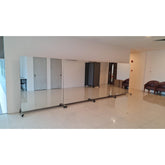

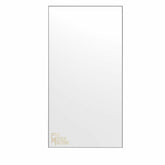

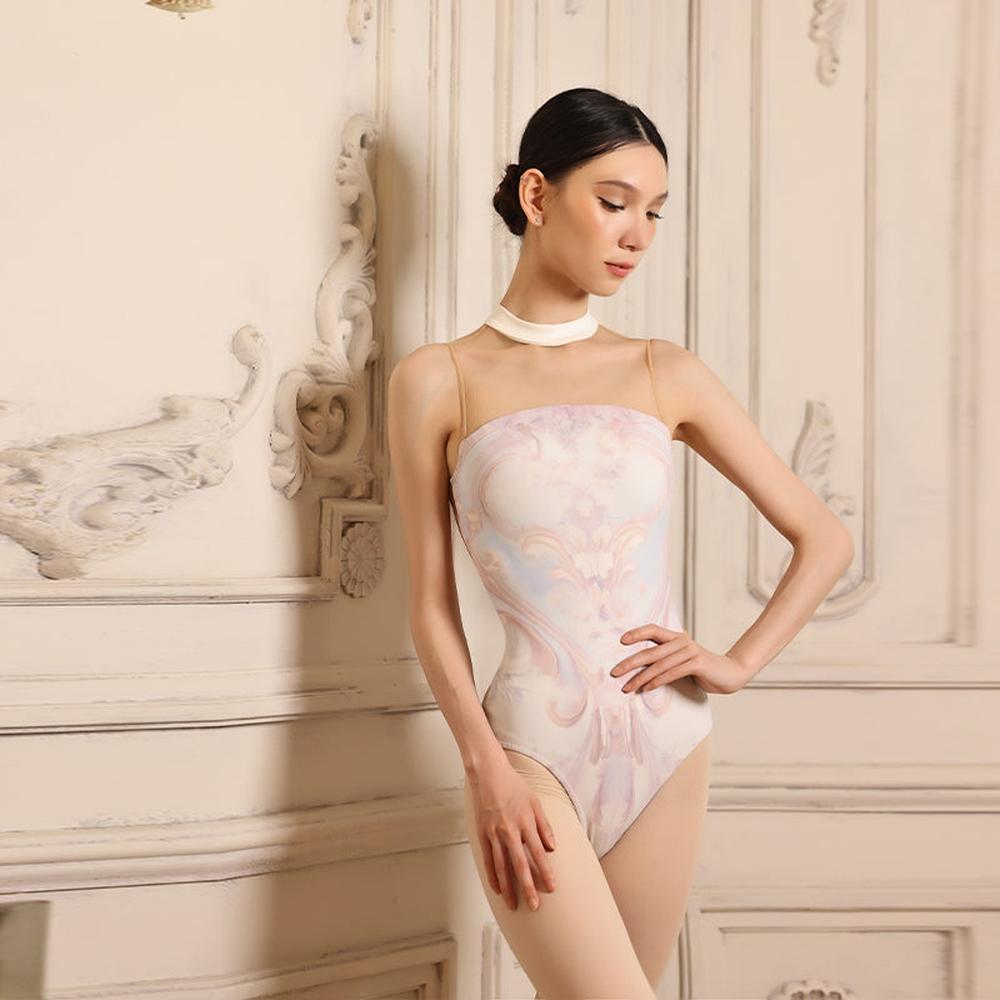









































































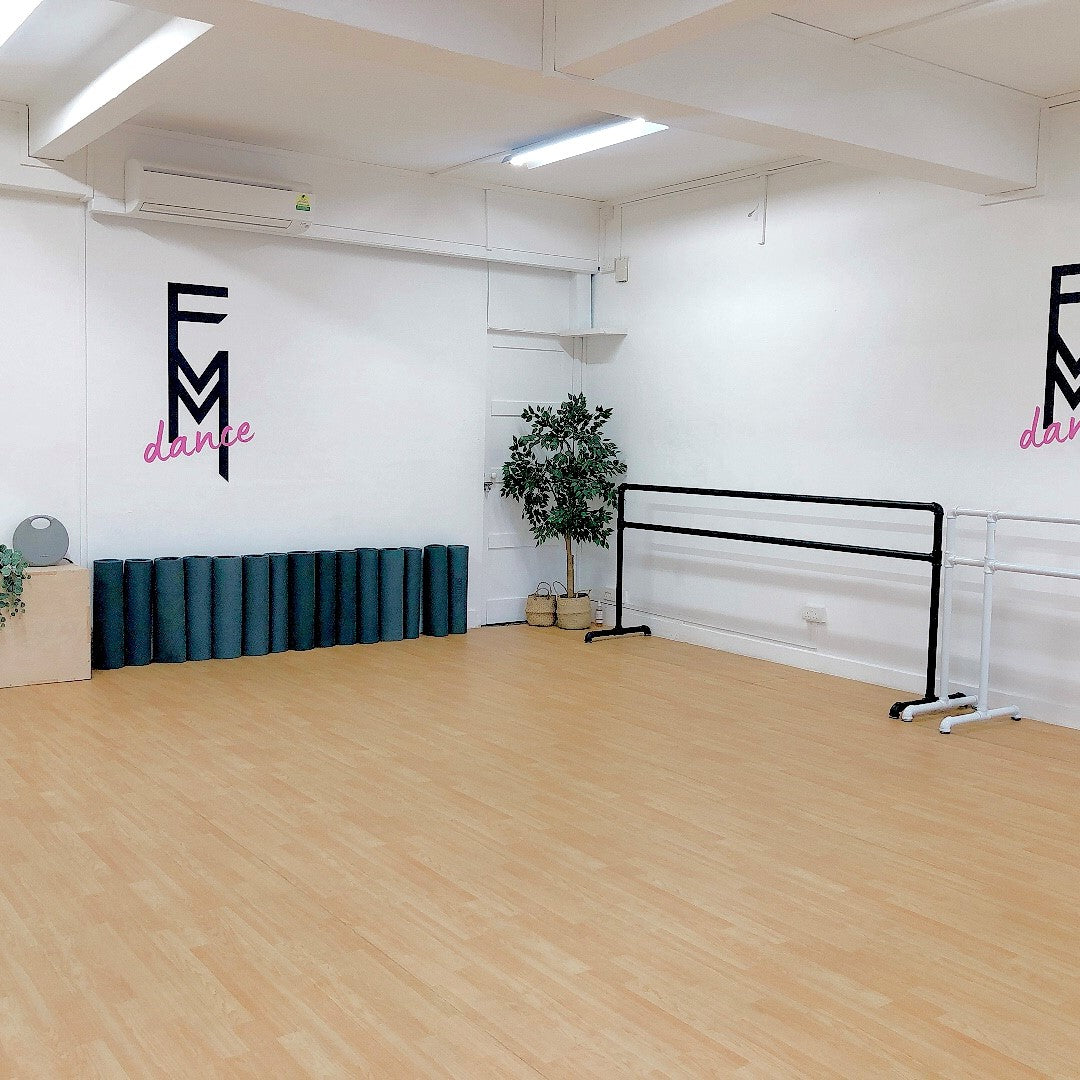































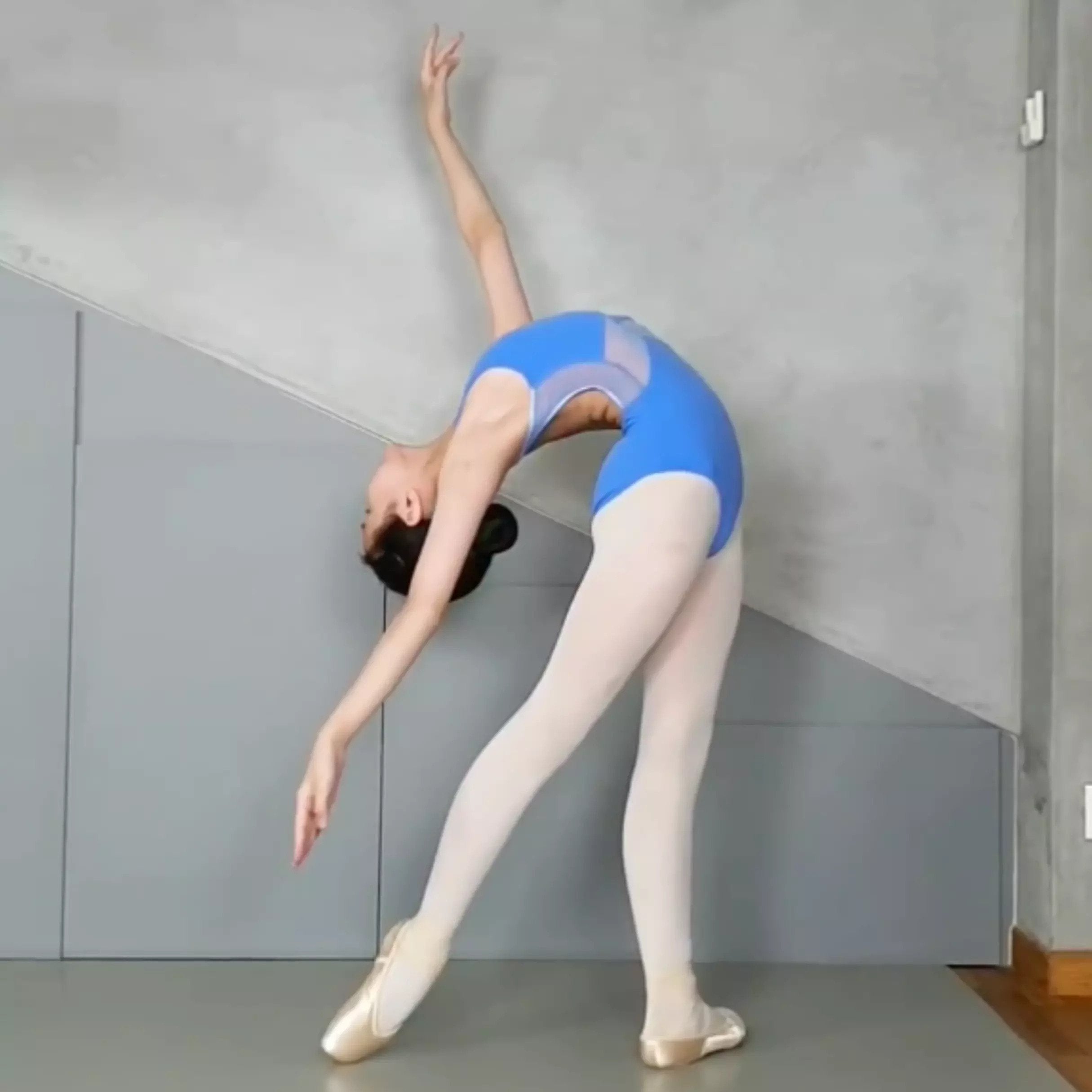







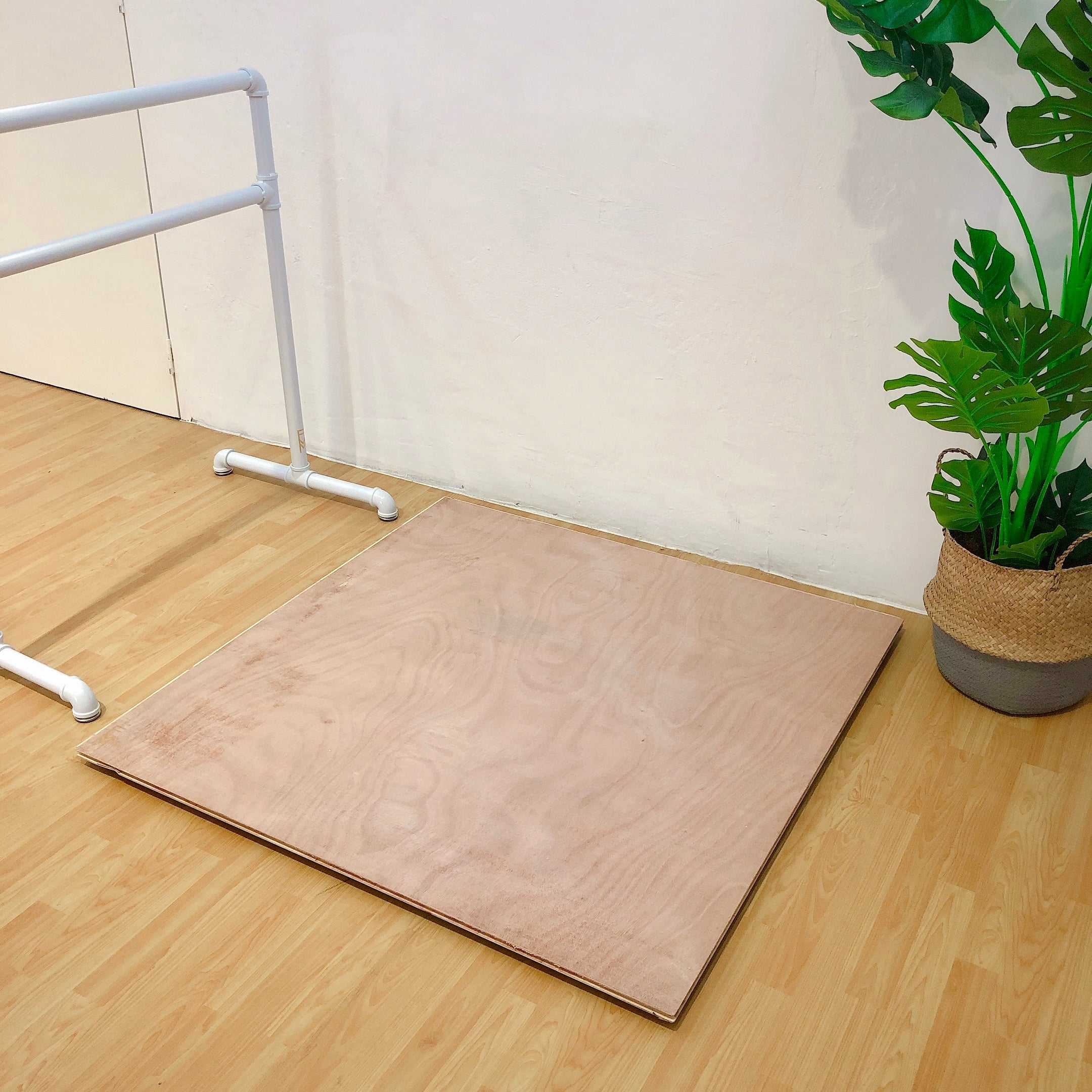



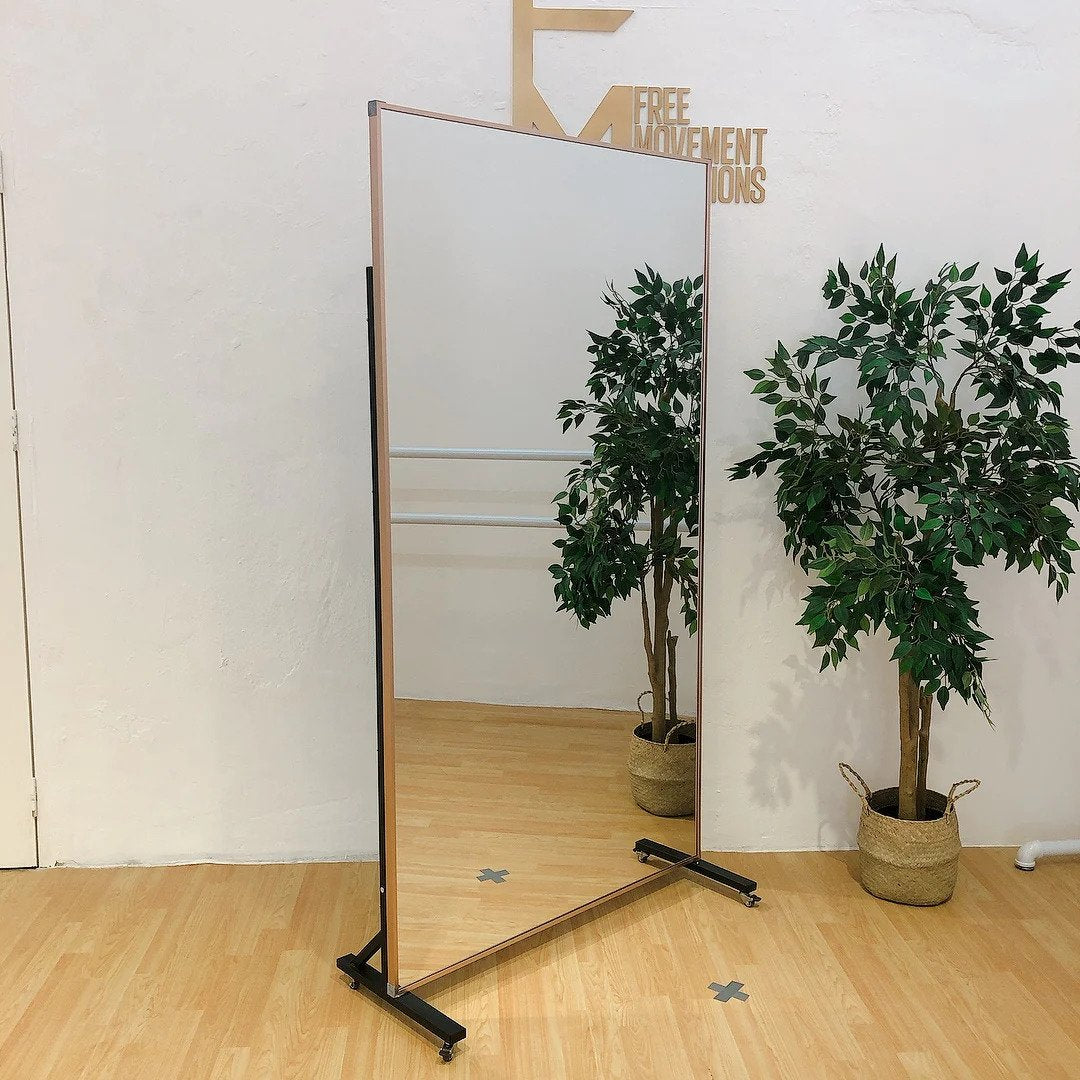






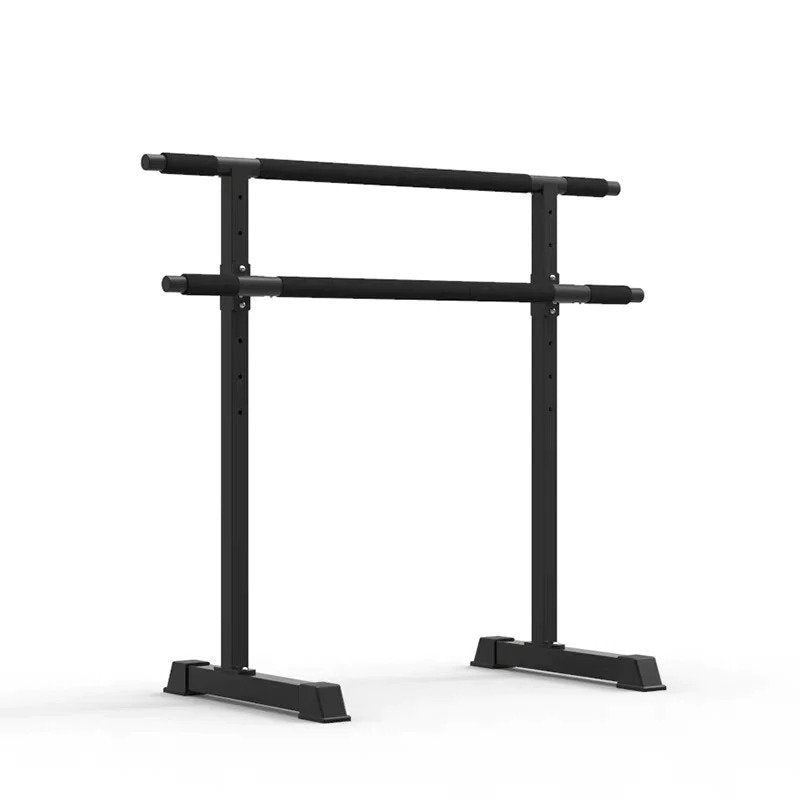





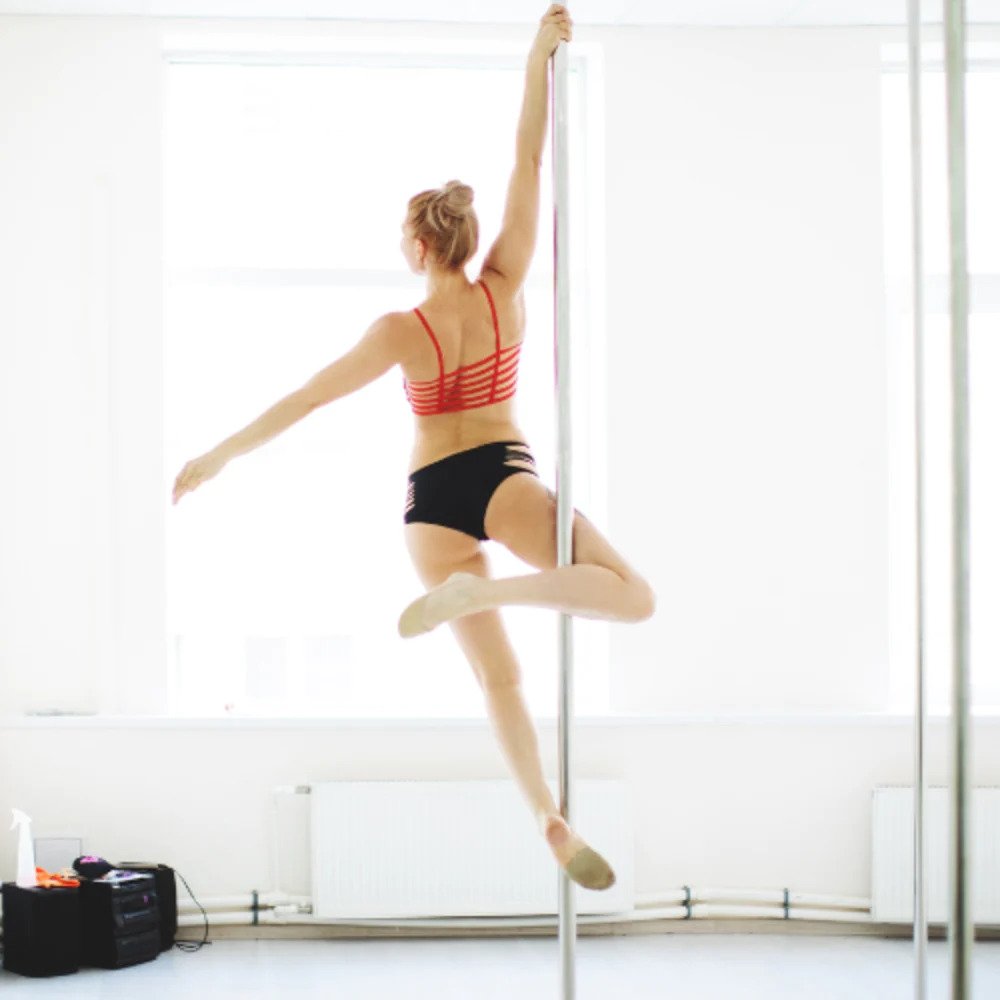







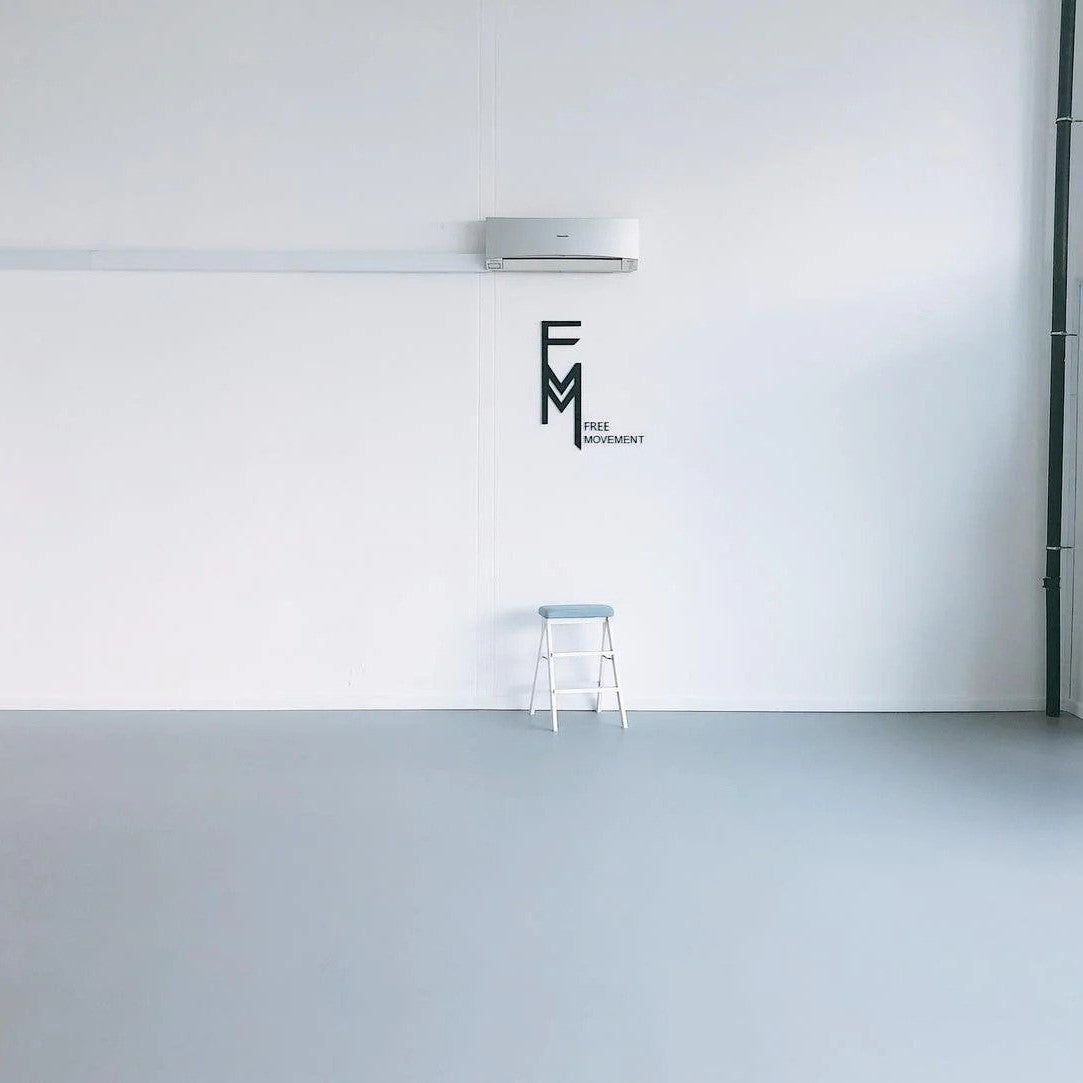







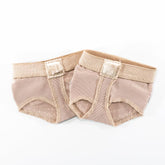
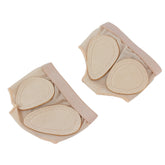
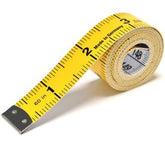


Leave a comment
Please note, comments need to be approved before they are published.